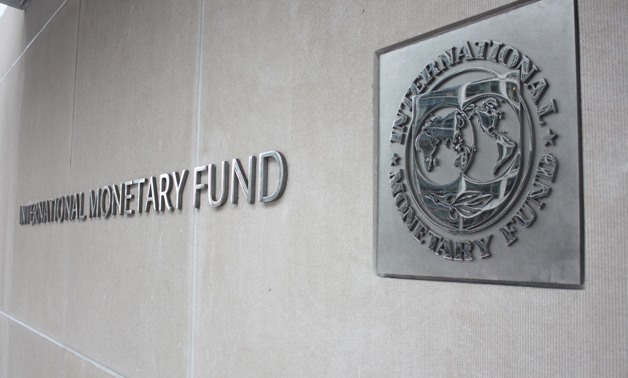
The monetary authority is proposing a global regulatory framework to alleviate the financial stability risks posed by crypto and its assurgent adoption
In a blog post published on Tuesday, the International Monetary Fund (IMF) penned that as crypto markets are growing, there is an equivalent increase in the correlation between cryptocurrencies and the financial markets.
The coronavirus pandemic redefined correlations in the investment landscape
Pre COVID-19, the IMF explained, there was little relation between crypto assets like Bitcoin and the stocks. As such, they were considered good options as a hedge against inflation for investors.
However, with time the pandemic pushed financial systems to the extremes, causing the central bank to enact policies to ease the strain. Afterward, both crypto prices and the US stock market surged owing to the conducive financial environment and increased investor appetite for risk.
As an example of the impact of the banks' responses, the coefficient of correlation between Bitcoin returns and the S&P 500 spiked to 0.36 in 2020-2021. This figure had remained unchanged at 0.01 between 2017-2019.
"For instance, returns on Bitcoin did not move in a particular direction with the S&P 500, the benchmark stock index for the United States, in 2017–19. The correlation coefficient of their daily moves was just 0.01, but that measure jumped to 0.36 for 2020–21 as the assets moved more in lockstep, rising together, or falling together," the post read.
The IMF pointed out that such similar correlation behaviour had been observed in the equity market and stablecoins.
The monetary body explained that the spill overs between crypto and equity markets were primarily due to instances of market volatility or heavy sways in the price of Bitcoin. In effect, it concluded that Bitcoin has been acting as a risky asset, observing that its co-movement with stocks had surpassed that between stocks and alternative assets such as gold.
Regulations to curb the systemic threats
The post also pointed to a previously released proposed framework providing guidelines on how global cryptocurrency regulations could be implemented. The proposal recommended, among other things, that crypto service providers must seek regulatory approval from the relevant bodies to level the playing field.
The IMF also indicated that such a framework would be critical in addressing the financial stability risks arising from the crypto scene, with mainstream crypto adoption on the rise. Further, it advised that the regulations ought to be formulated around crypto's major use cases, how financial institutions relate to crypto assets, and also establish monitoring schemes for the crypto ecosystem.
However, the organization insisted that while striving to implement new regulations, care should be taken to ensure that innovation around the sector does not get choked.

